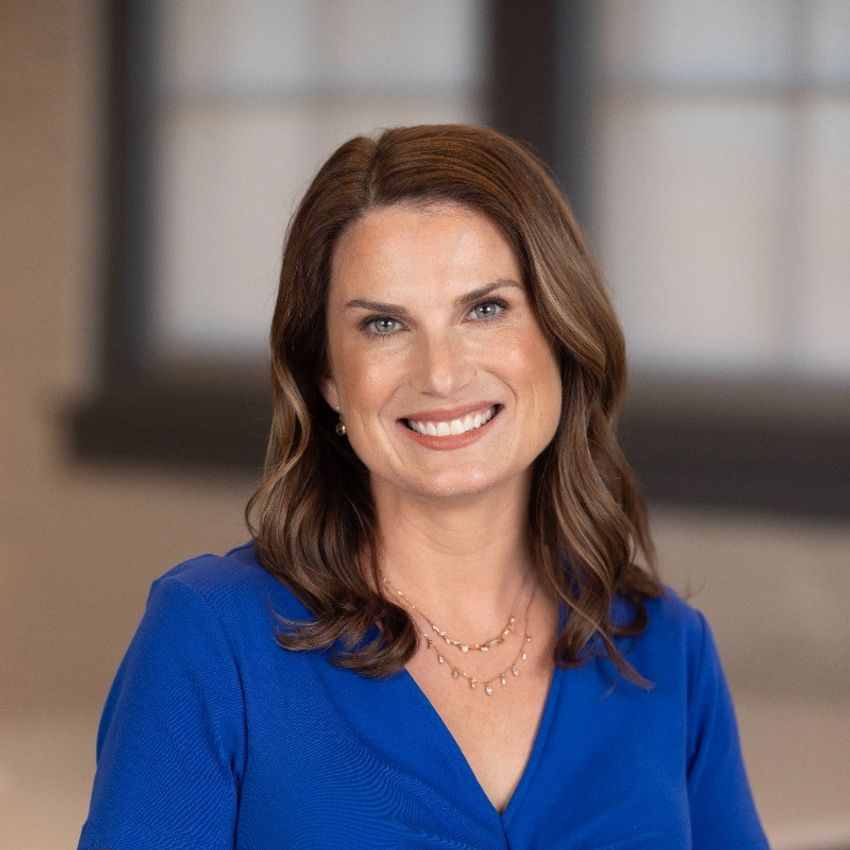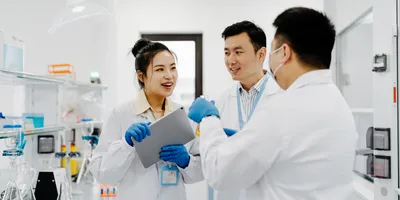Environmental testing labs face mounting pressures, from shifting regulations and funding streams to tightening margins and a challenging labor market. Cheryl Bowden, vice president of operations at Metiri Group, has spent more than two decades tackling these issues.
Here, Bowden shares insights on navigating operational uncertainty, staying ahead of regulatory change, building engaged, adaptable teams, and fostering a culture of continuous improvement that keeps quality and client trust at the forefront.
Q: What do you see as some of the most pressing challenges for environmental testing labs today?
A: Funding streams and regulations feel less predictable, and that uncertainty impacts everything from capacity planning to pricing strategy. Labs are asked to do more with tighter margins, inconsistent work mix, and steep competition. At the same time, the labor market has changed. Flexible, overtime-ready technicians are harder to find, so we must rethink how we deploy people and technology to meet demands.

Cheryl Bowden
Q: Based on your experience, what are some ways laboratory leaders can best address these challenges?
A: First, stay close to your clients. Understand where their programs are headed so you can align resources early. Second, protect your value proposition. Pricing must be competitive, but avoid reducing prices below what it takes to deliver quality service. This approach elevates the relationship from being a vendor to forging a true partnership.
This focus on quality and relationships allows local teams to focus on clear, proactive, and transparent communication with partners. Agile scheduling, robust training, and a unified LIMS streamline labs’ ability to deliver reliable results and build trust.
Q: With evolving federal regulations—such as those surrounding PFAS—how can lab leaders ensure their teams stay compliant and adaptable?
A: Leaders should engage early in regulatory forums to model multiple scenarios before new regulations take effect. That intelligence should be shared with clients through briefings and white papers, helping them design sampling plans that will still meet tomorrow’s requirements. By contributing sound science to policy discussions, leaders can stay ahead and help shape realistic criteria that labs can consistently achieve.
Q: How do you approach training and development to ensure that staff stay engaged and equipped to meet changing operational demands?
A: On my team, we balance business needs with individual career aspirations. For instance, every analyst begins with a solid grasp of the ‘why’ behind each method, not just the steps, which speeds troubleshooting and cross-training.
I aim to create opportunities for employees to work in multiple disciplines beyond data production, including project management, quality assurance, sales, and even HR. This experience provides them with a broader knowledge of how their work impacts the entire company and the client experience. It fosters more holistic decision-making that drives broader outcomes and opens new paths. Plus, it allows individuals to discover their own personal strengths and follow a career path that they truly enjoy.
Our new leadership team is focused on providing real-time feedback loops and building depth of knowledge, so all teams are empowered to grow while still keeping clients at the center of every decision.
Q: What are the most important elements for cultivating a culture of continuous improvement in a laboratory setting?
A: Continuous improvement begins with a clear mission, vision, and set of values that guide every decision. Hiring passionate, curious individuals and investing in them through ongoing training, real-time feedback, and modern tools is essential to fostering an environment where teams feel supported to explore new ideas and continuously improve processes. Leaders model accountability and celebrate curiosity. When people understand the purpose of their work and have the resources to grow, small daily gains add up to meaningful progress for our clients.
Q: Any closing thoughts or questions we haven’t asked?
A: Many lab–client relationships still feel transactional, yet the challenges our industry faces demand true partnership. When a laboratory serves as an extension of the client’s team, accountability rises, insights become more relevant, and data drives faster action.
Labs that can provide transparent communication and timely reporting help clients protect their business and our communities, and stay ahead of evolving regulations. A high-trust partnership turns data into better decisions and creates shared value, raising the bar for sustainable testing across the industry.
Cheryl Bowden is vice president of operations at Metiri Group, focused on strengthening systems to prioritize customer service, enhance turnaround times, and increase efficiency across lab teams. Bowden has over 20 years of experience in environmental testing, human resources, and M&A integrations at leading organizations like Eurofins Environmental Testing and Enthalpy Analytical, LLC.














